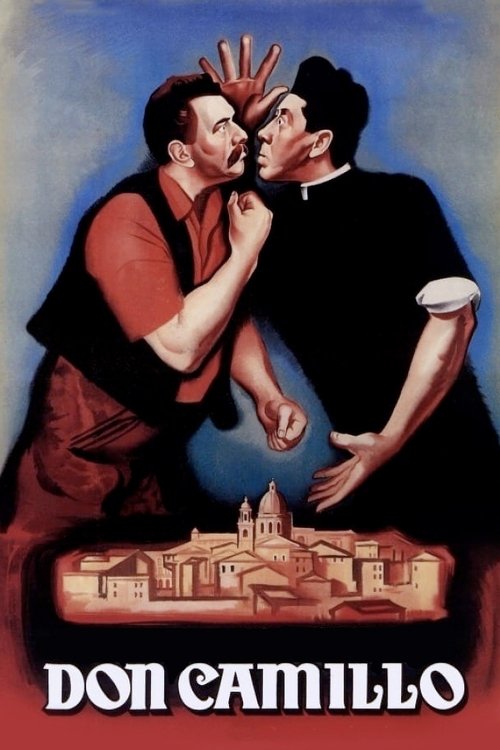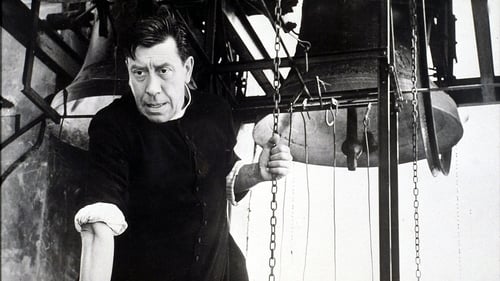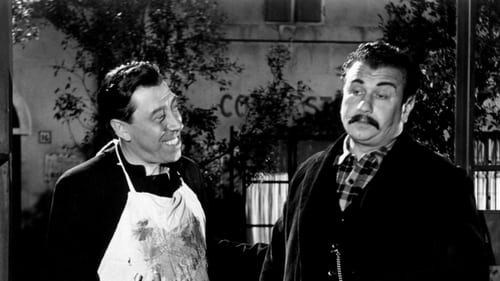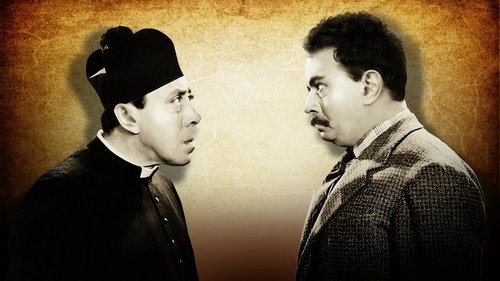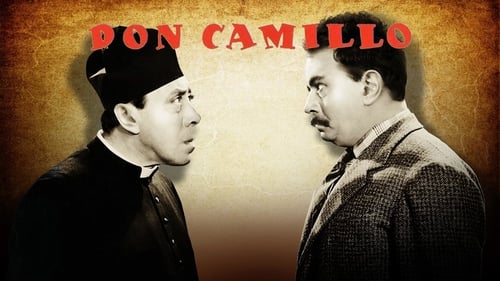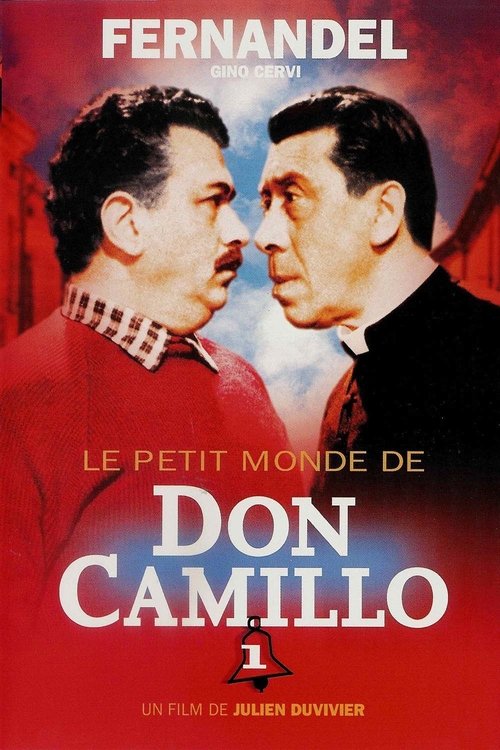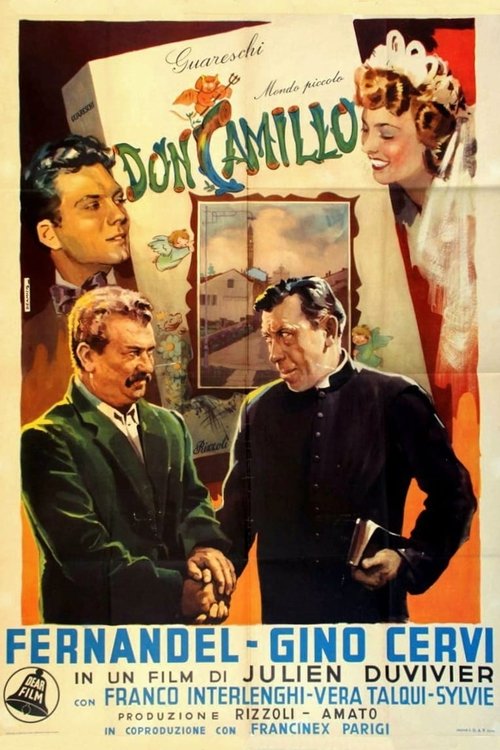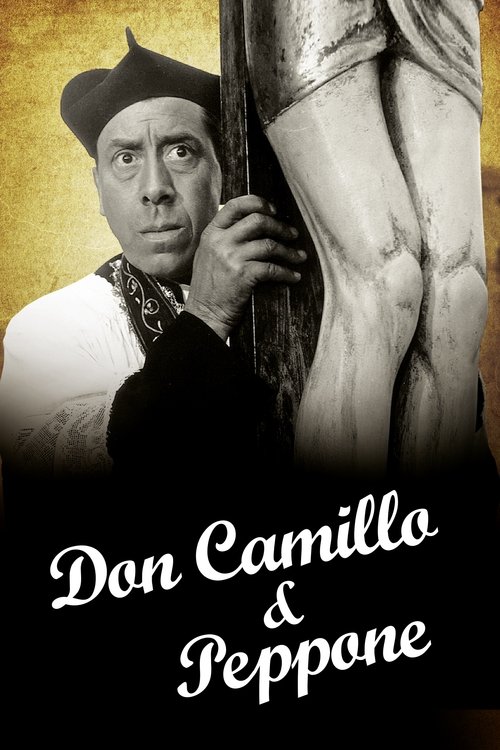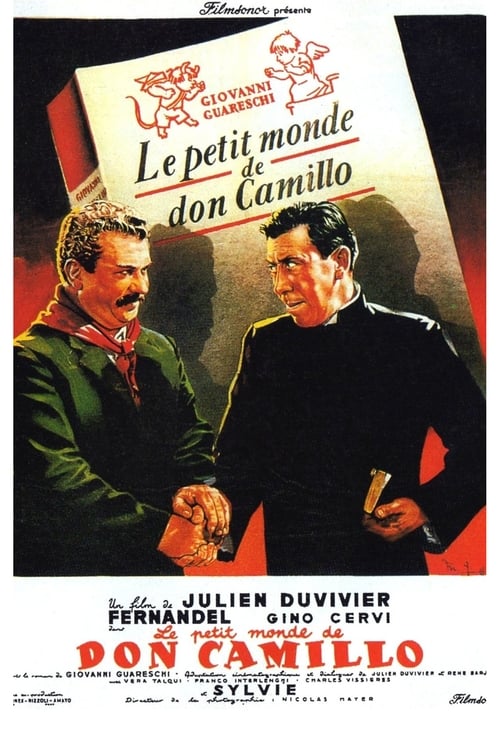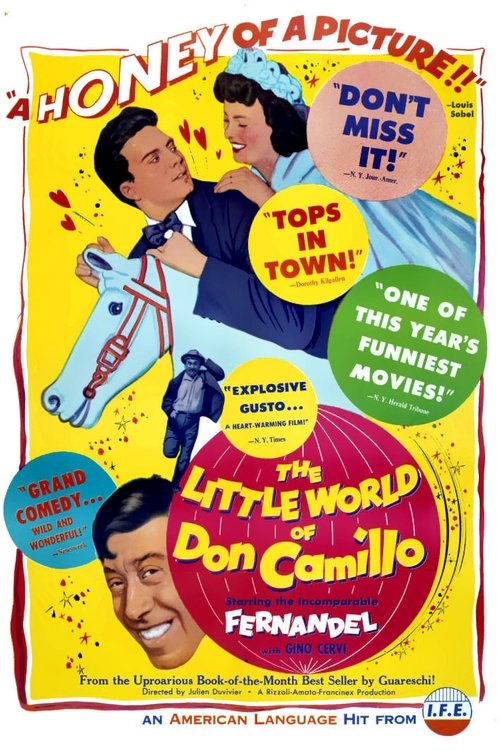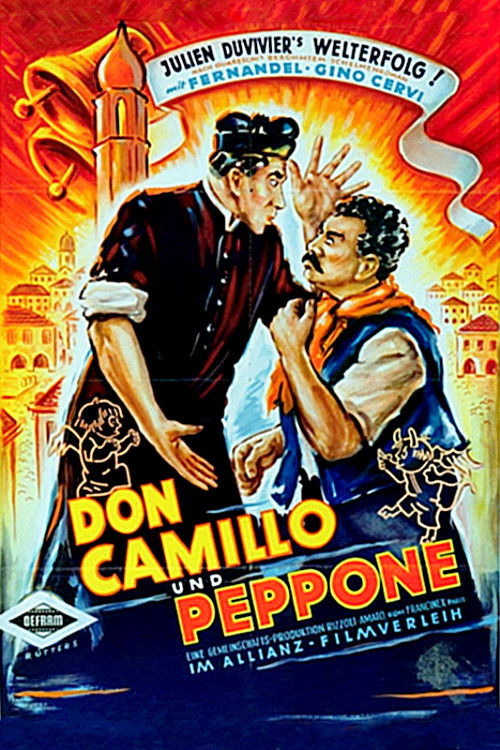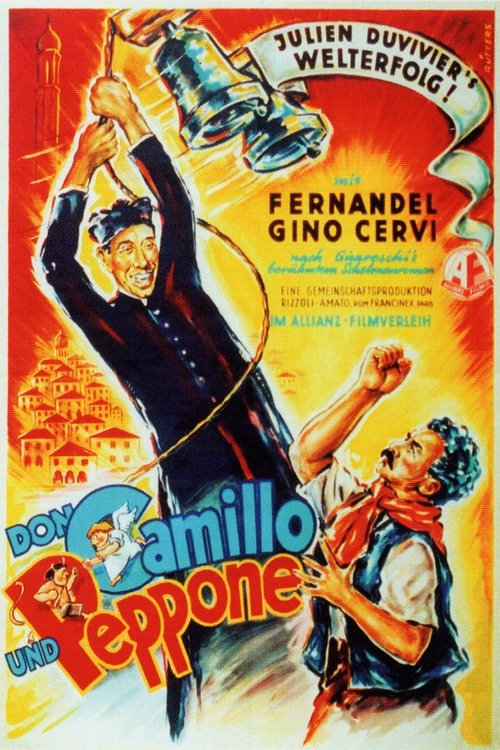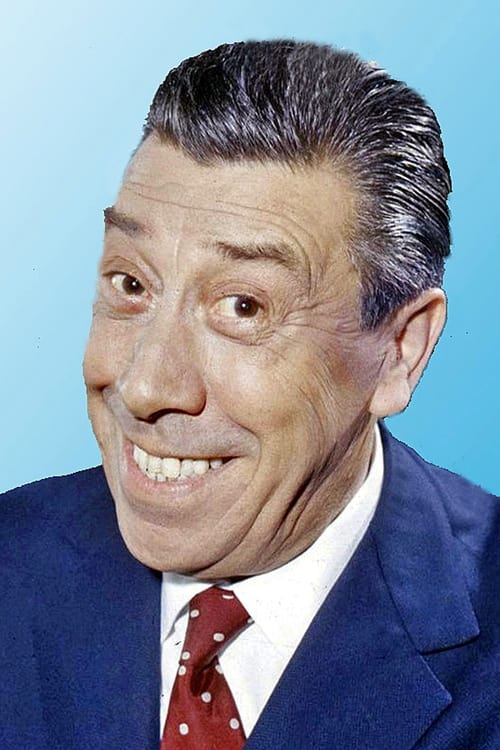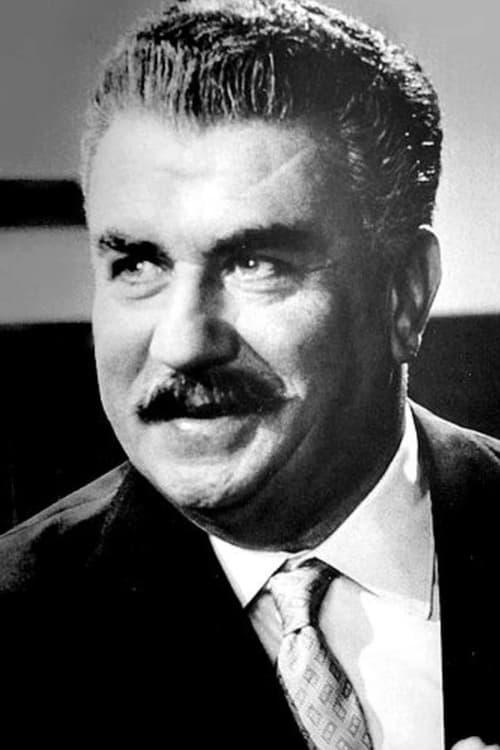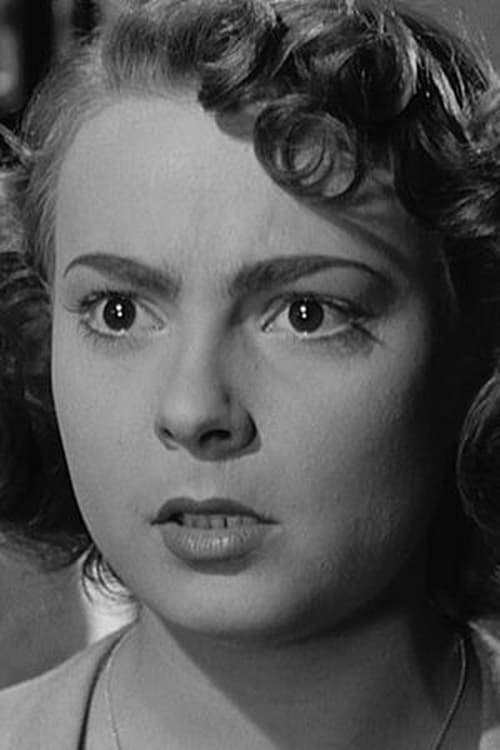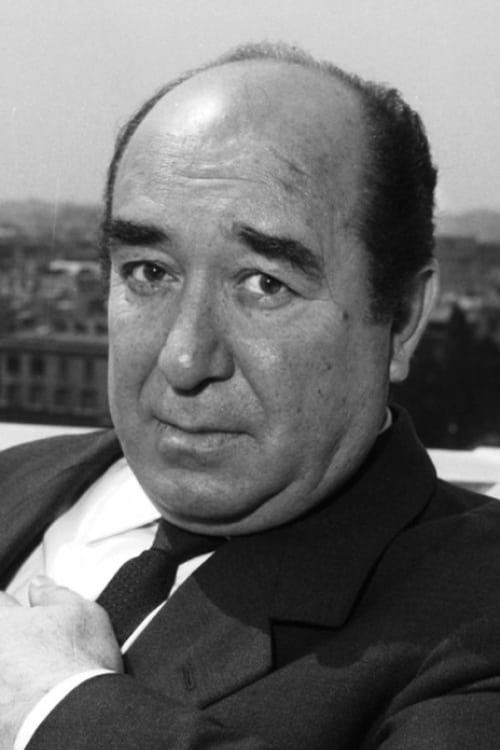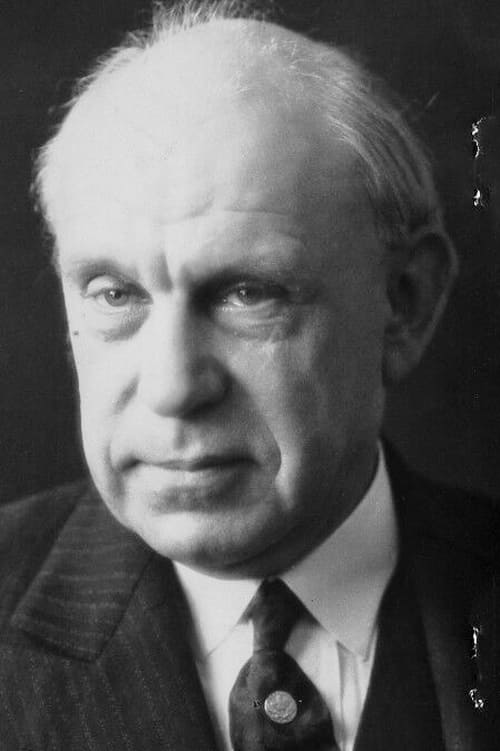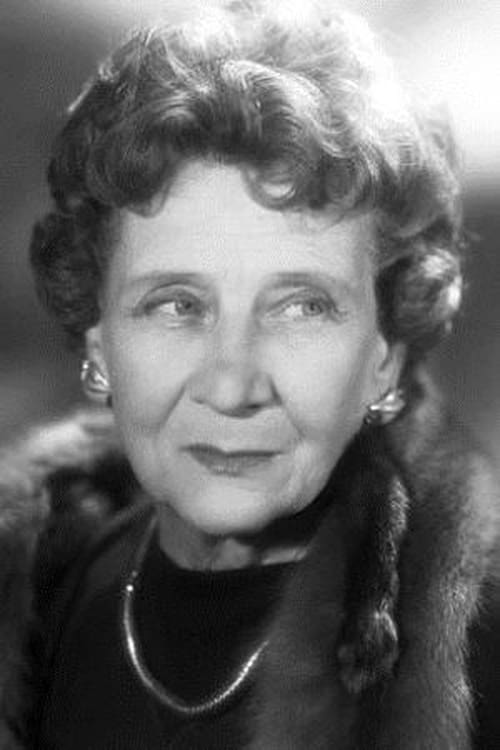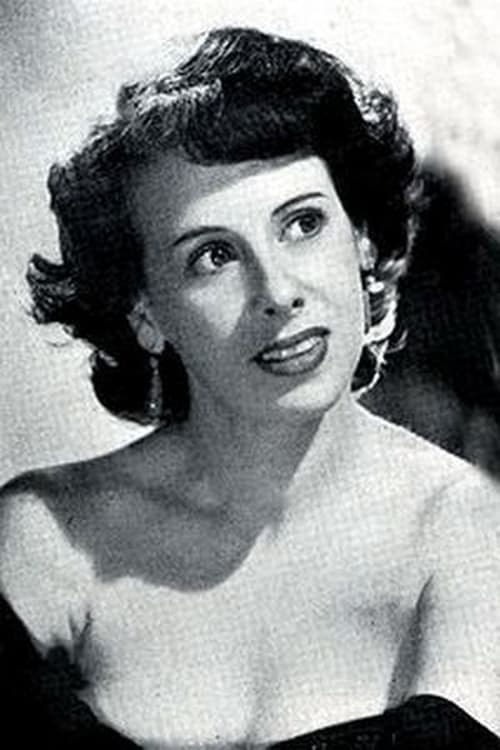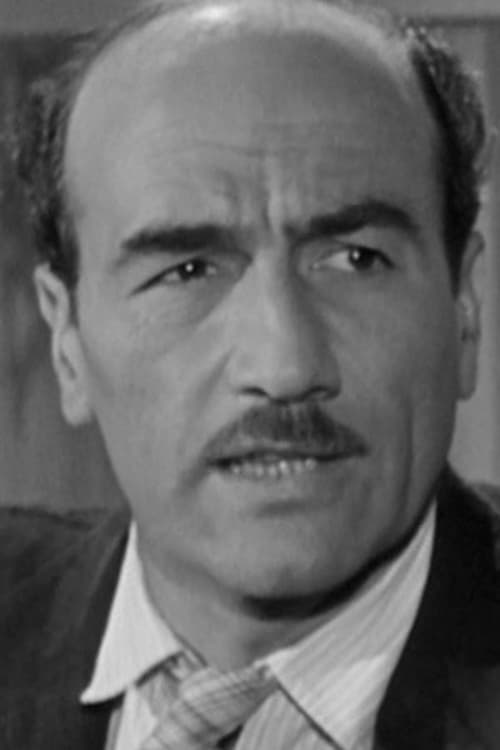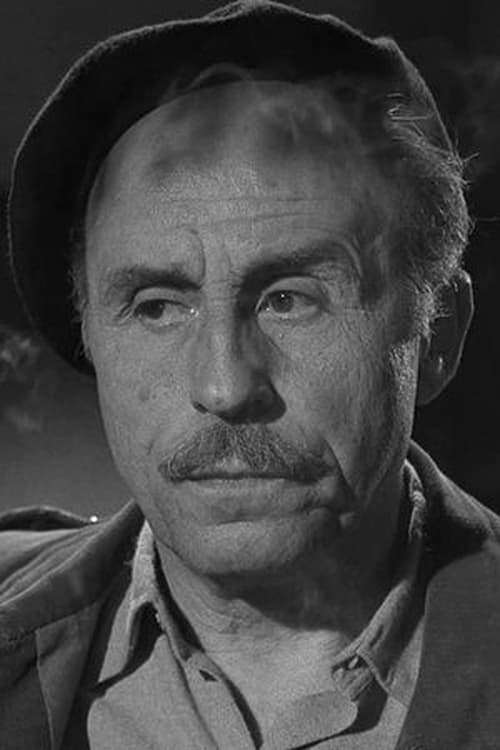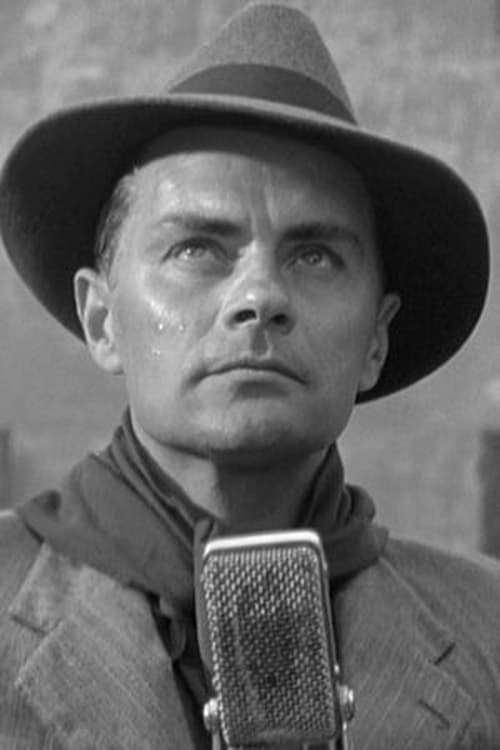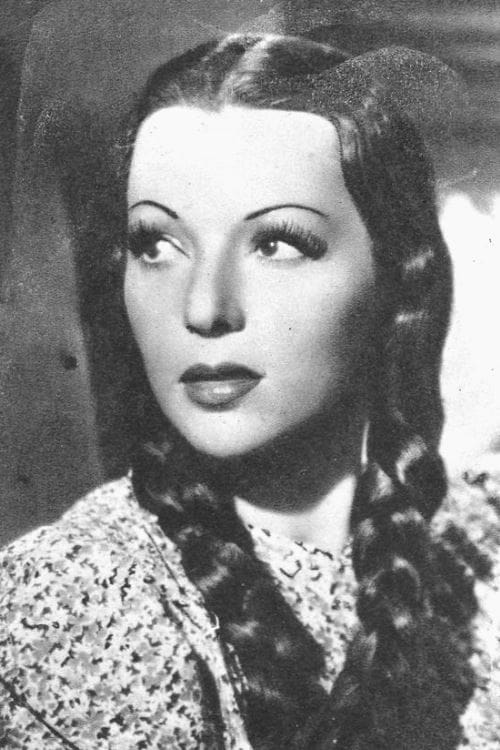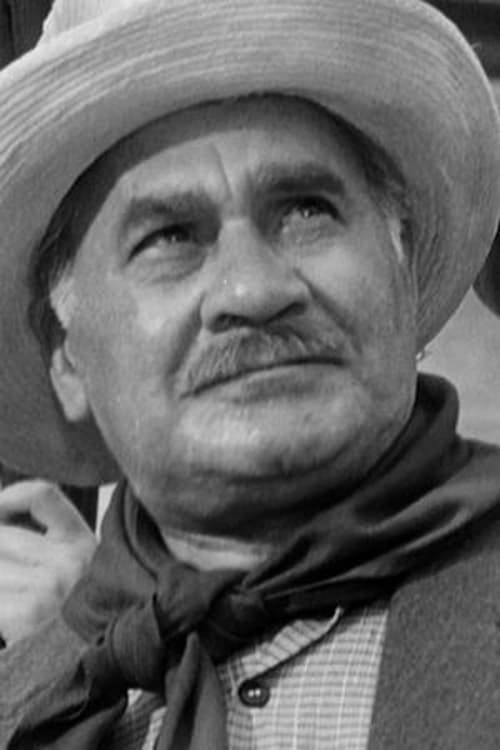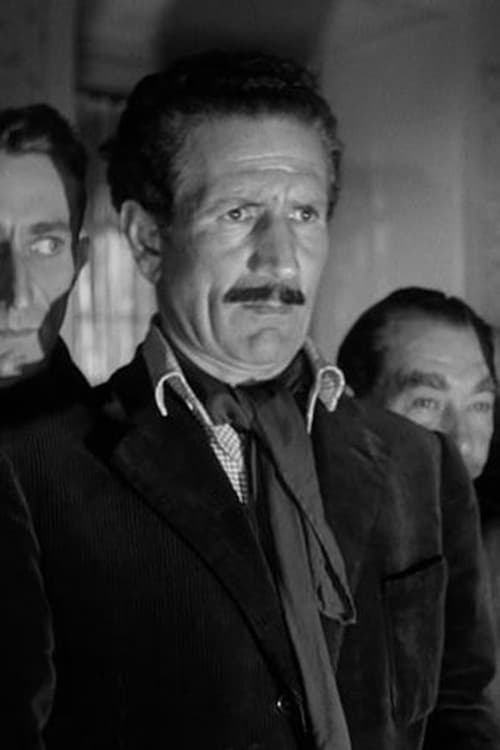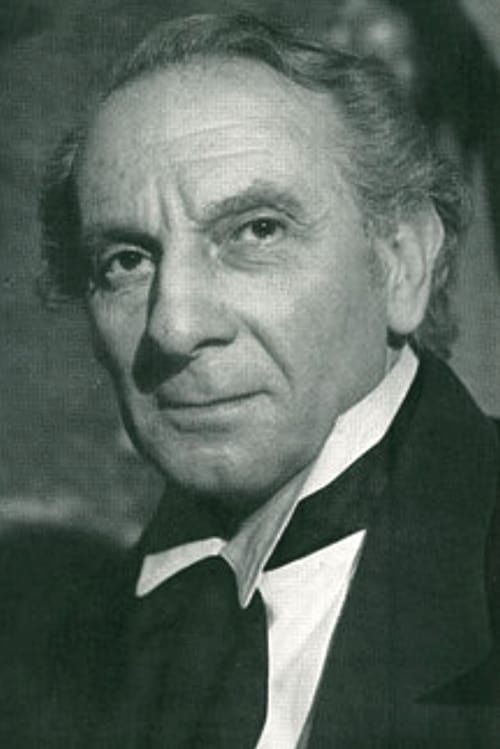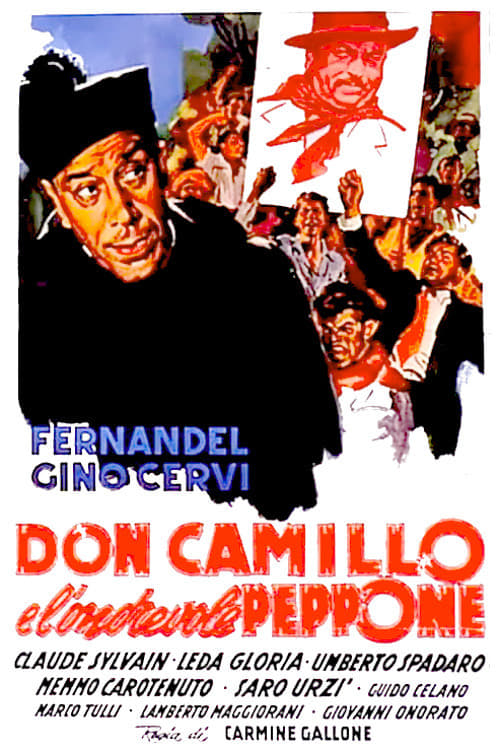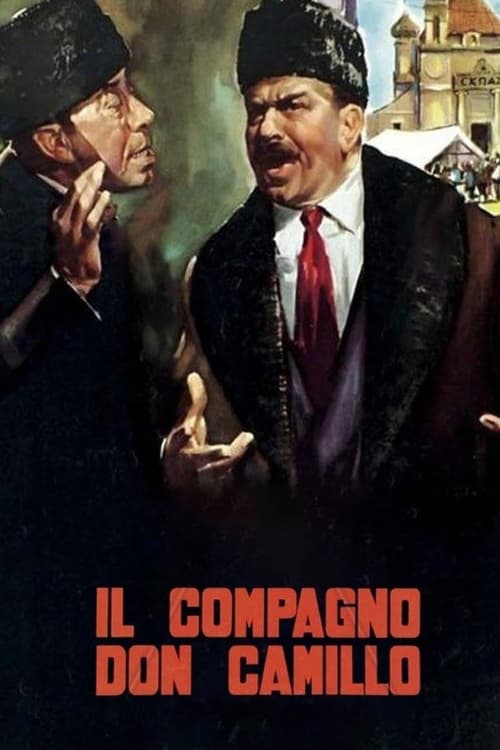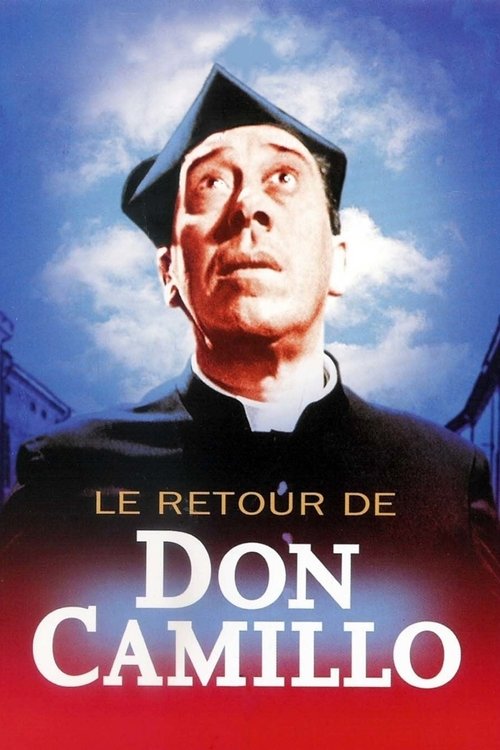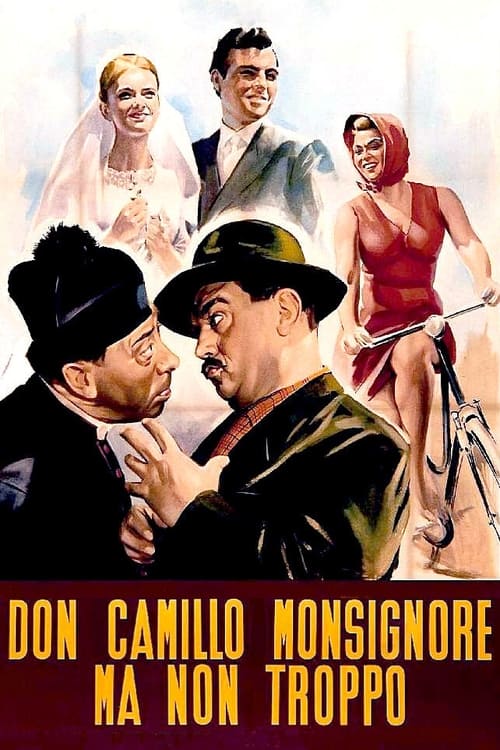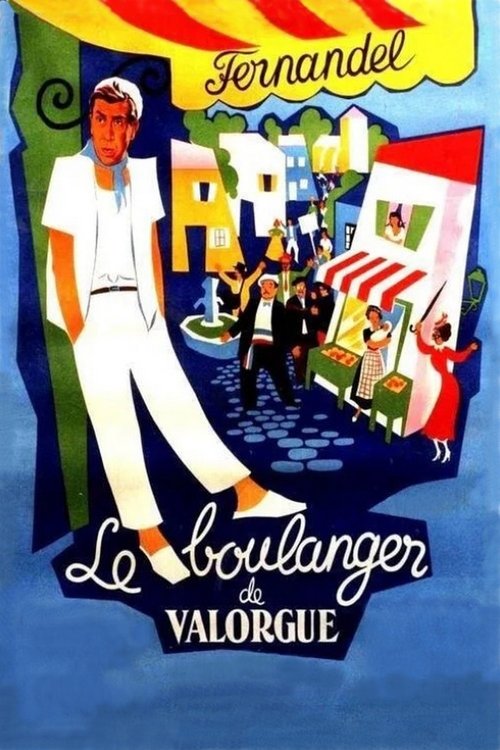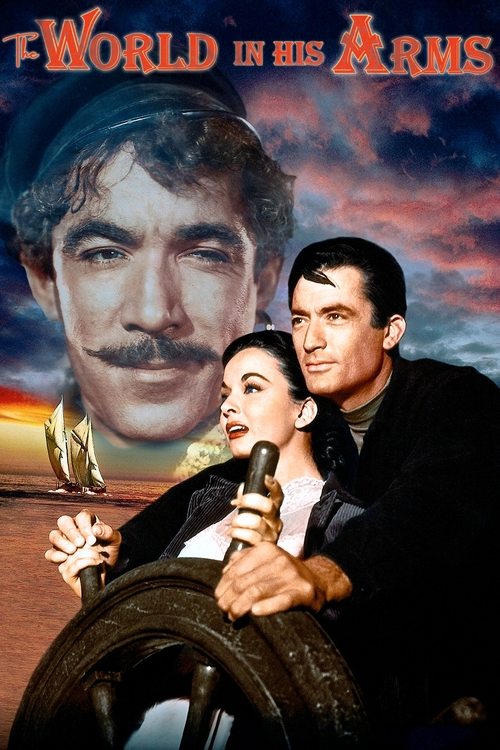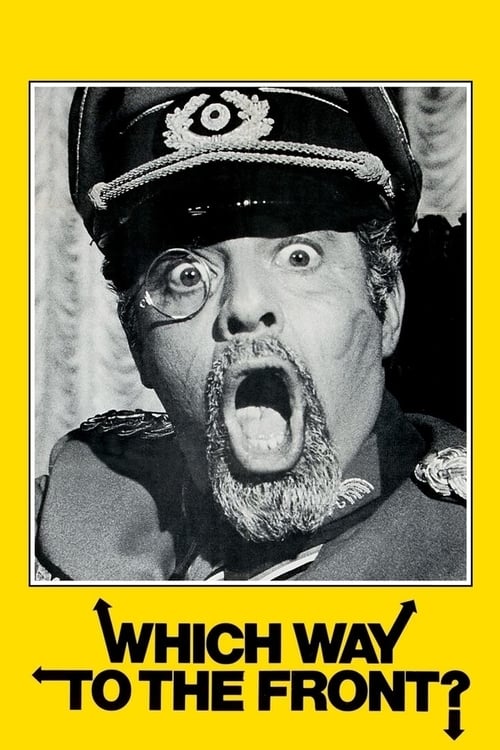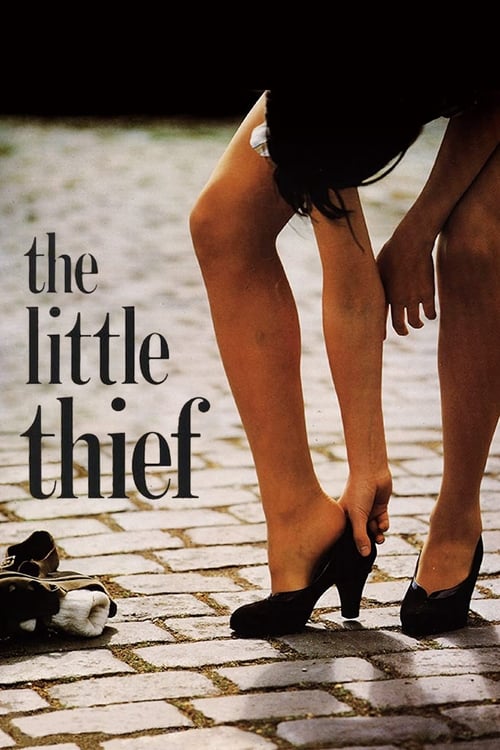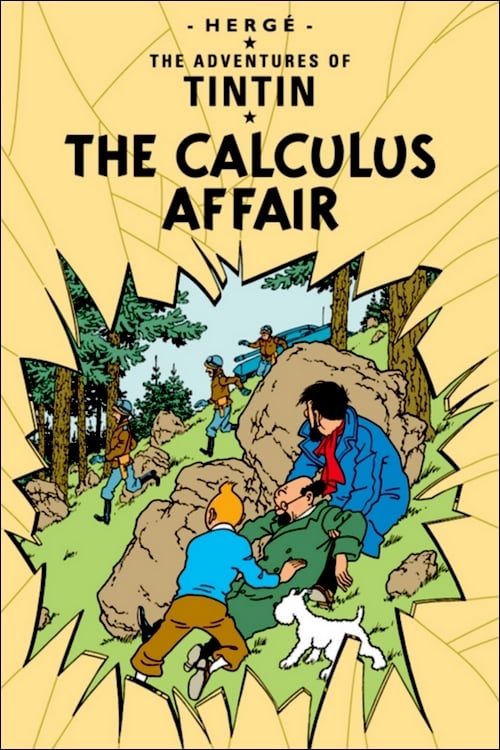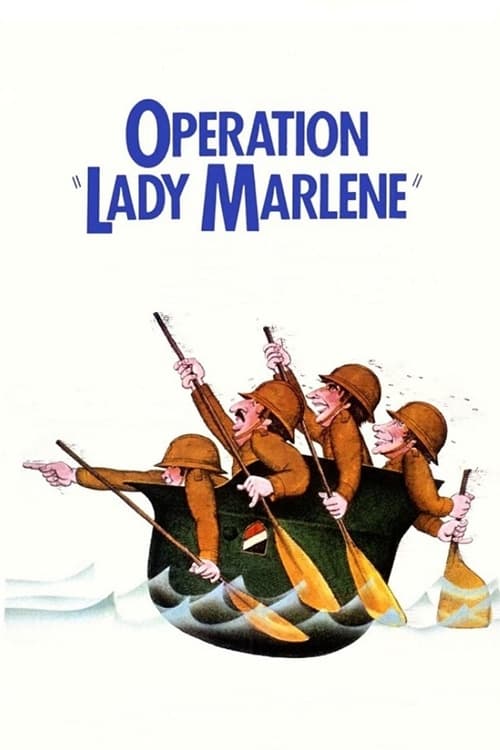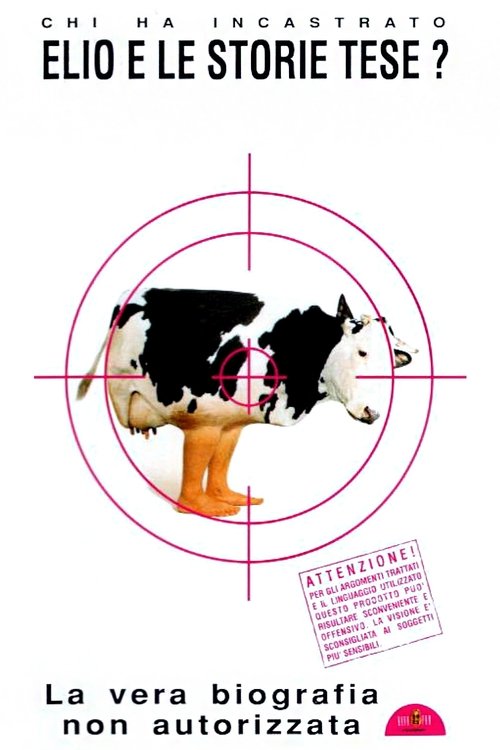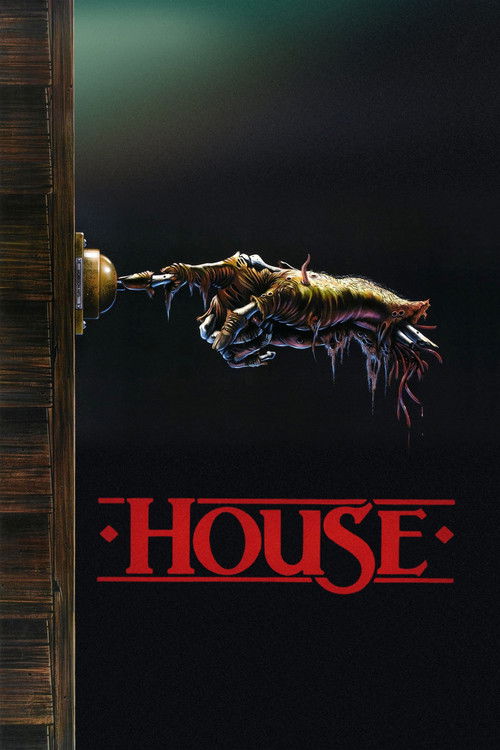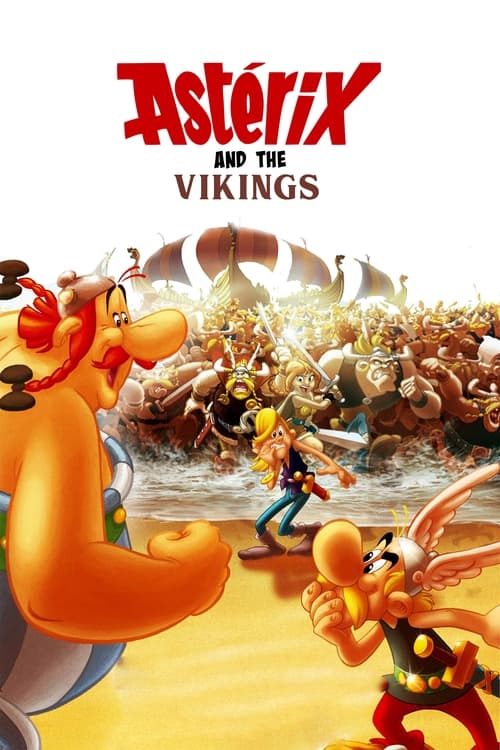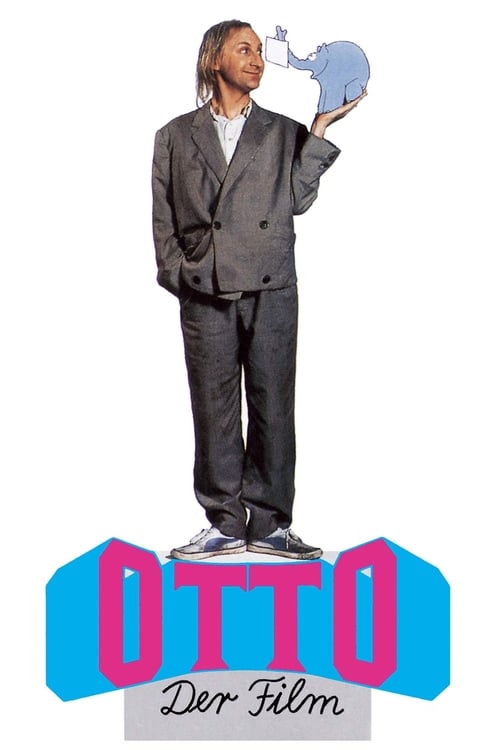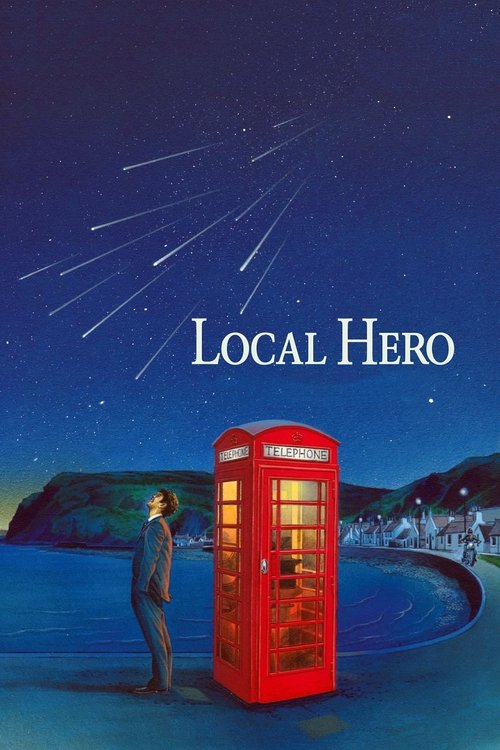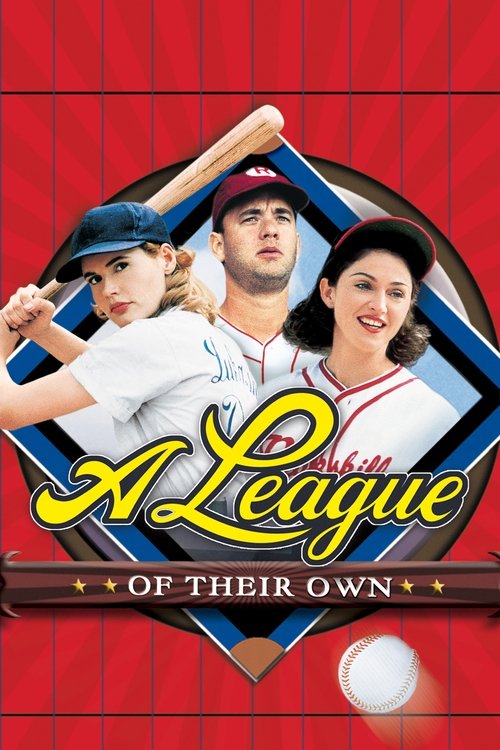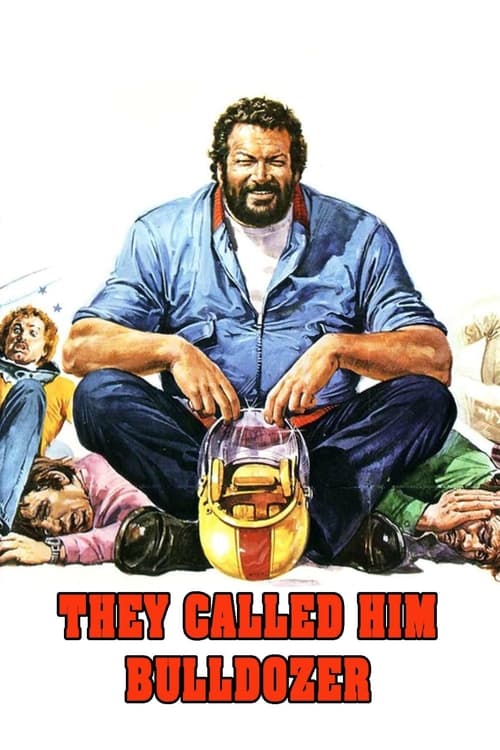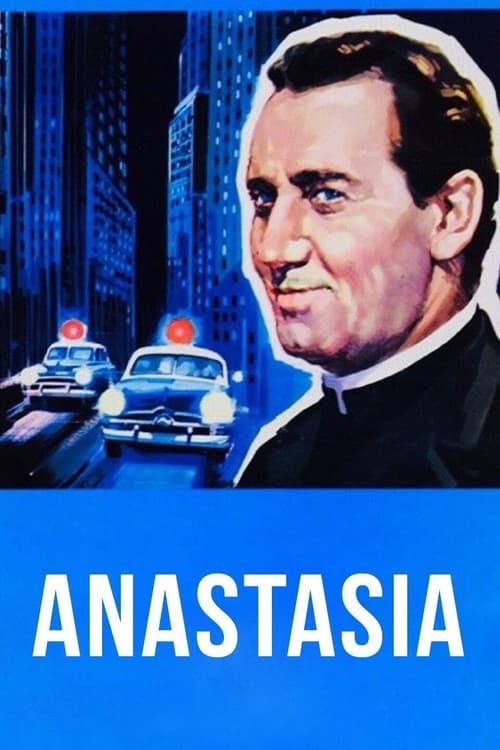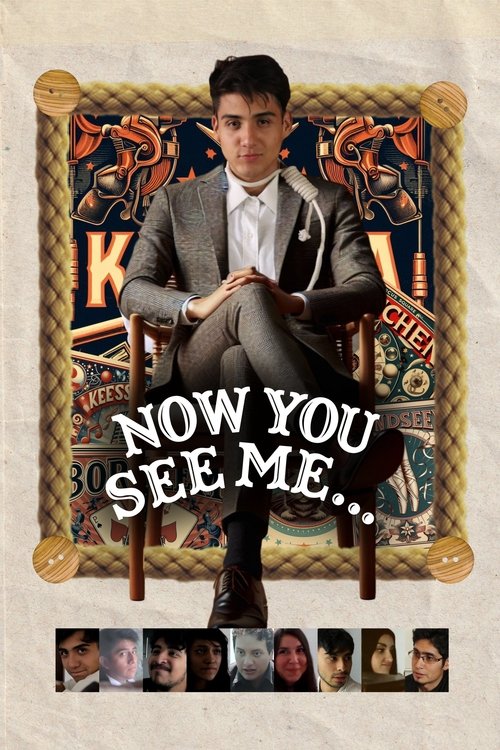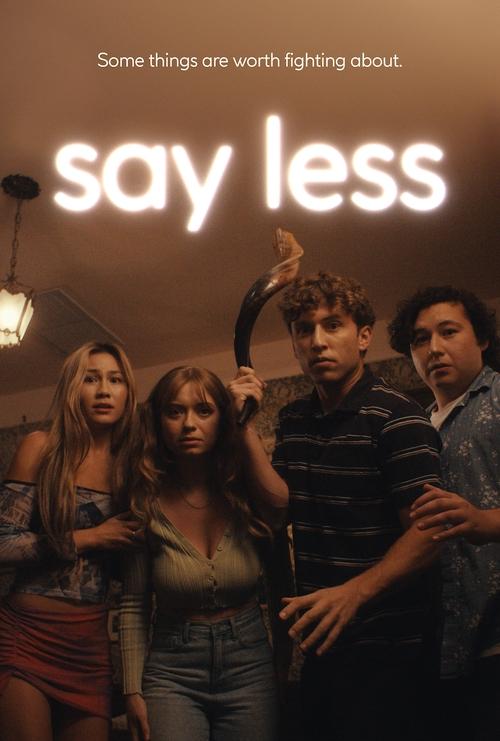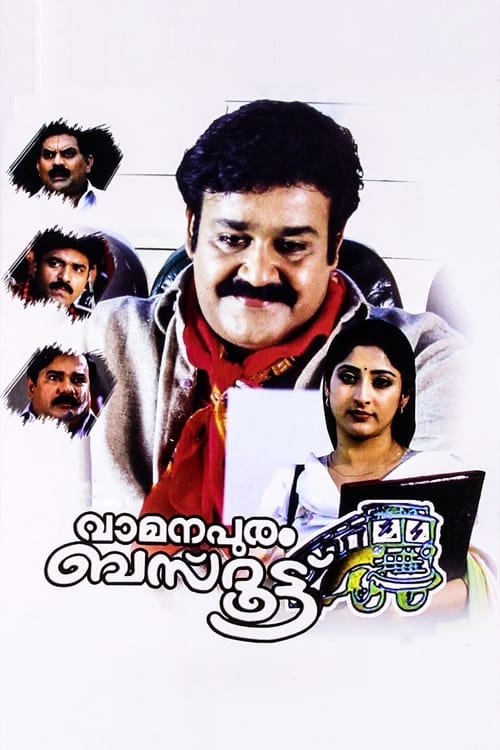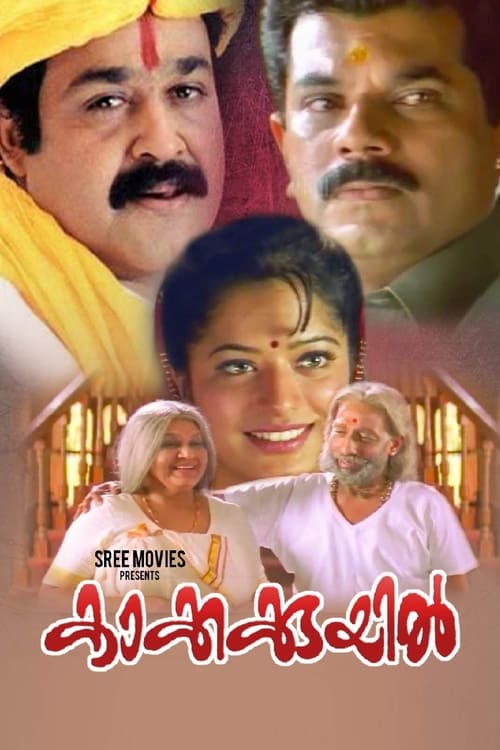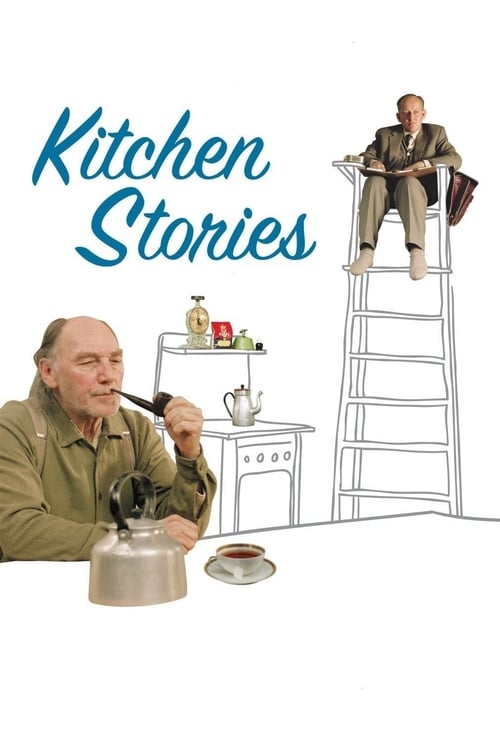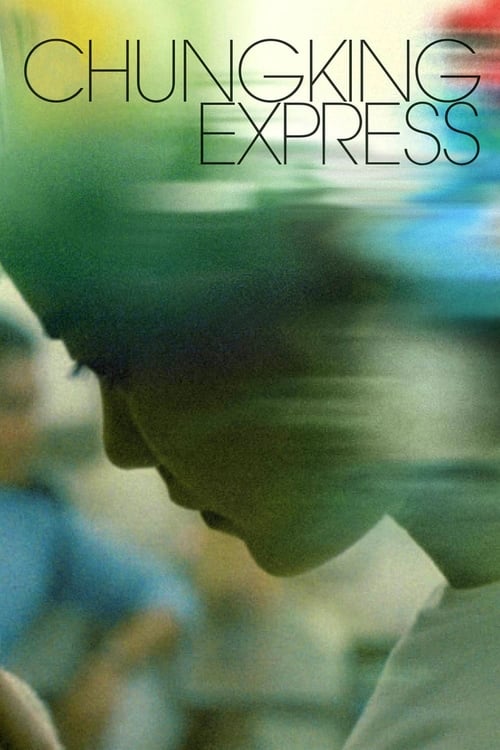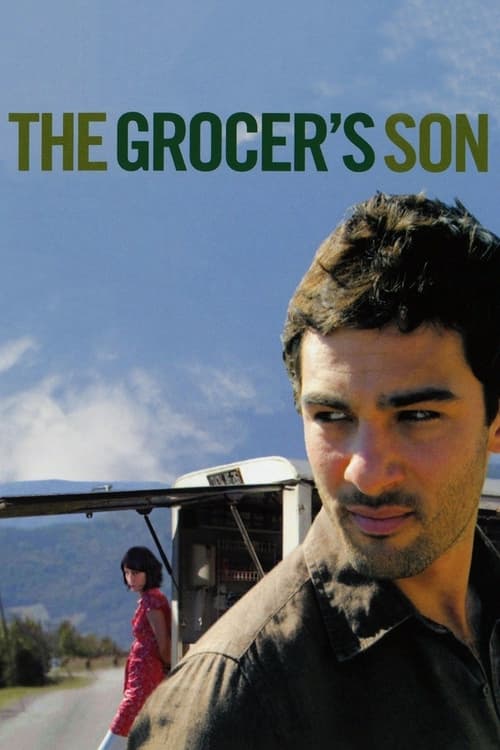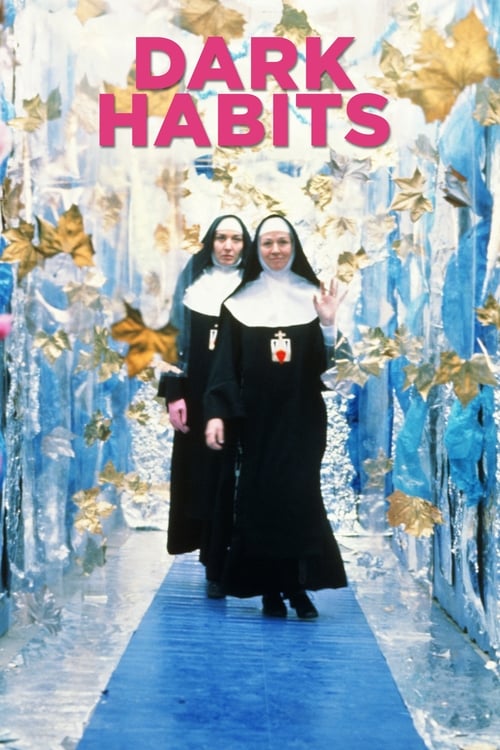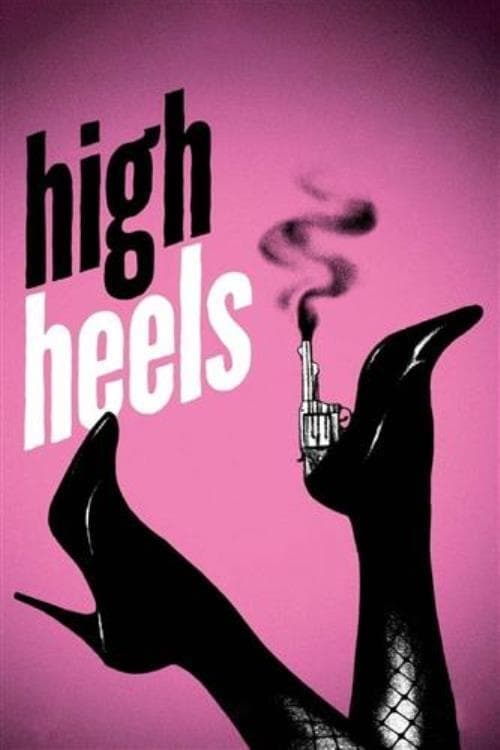Comedy
In a village of the Po valley where the earth is hard and life miserly, the priest and the communist mayor are always fighting to be the head of the community. If in secret, they admired and liked each other, politics still divided them as it is dividing the country. And when the mayor wants his "People's House"; the priest wants his "Garden City" for the poor. Division exist between the richest and the poorest, the pious and the atheists and even between lovers. But if the people are hard as the country, they are good in the bottom of there heart.
Directors
Fernandel
Don Camillo Tarocci
Gino Cervi
Giuseppe Bottazzi "Peppone"
Vera Talchi
Gina Filotti
Franco Interlenghi
Mariolino Brusco
Saro Urzì
Brusco
Charles Vissières
Il Vescovo
Sylvie
Signora Cristina
Clara Auteri Pepe
Clara Auteri
Italo Clerici
Barchini
Peppino De Martino
Assessore
Carlo Duse
Il Bigio
Manuel Gary
Il delegato
Leda Gloria
Signora Bottazzi
Luciano Manara
Filotti
Armando Migliari
Brusco
Giovanni Onorato
Scartazzini
Franco Pesce
il sacrestano
Mario Siletti
Stiletti
Directors
More like this
User reviews1
Review
Featured review
Fernandel is great in this comedy drama set after the end of the Second World War in Italy. He's the eponymous churchman who is watching his country at a crossroads between the old and the new ways of thinking. The town has just elected a communist mayor, nicknamed "Peppone" (Gino Cervi) and it seems that just about everyone barring himself and the town's former school mistress "Cristina" (Sylvie) is supporting the new regime. The two men spar like rutting stags, with the former using his considerable array of church bells to drown out his rival's political speechifying and the latter doing whatever he can to thwart the priest's dreams of establishing a garden for the poor - of which there are quite a few! Luckily, we have an invisible narrator for this exercise who adopts a god-like position on the shoulder of "Camillo" reminding him to live to the vows he took to his church despite his inclination for fisticuffs and disputations with just about everyone, but that is becoming much harder when rumours of some Nazi cash reach his ears and he wants some of it for his project. The mayor wants to build an edifice to demonstrate the power of the people and their new found freedoms, and that's what he wants to do with the reportedly 10 million Lire. Can they compromise? What's becomes clear to us is that there is a lot of bravado going on here, and when it comes down to it the two men are actually remarkably and stubbornly similar. They both want what's best for their village, their congregation/electorate and both are conscious that this is a delicate time for their nation and co-operation is going to be vital, even if it's grudgingly given. The novel from Giovanni Guareschi upon which this is based offers quite a gentle analysis of post-war, and soon to be post-kingdom, Italy and looks at the roles of the church and it's traditions in a subtly thought-provoking fashion. Director Julien Duvivier has managed to capture quite a bit of that thrust and incorporates it engagingly into a series of scenarios that do raise a smile, but also an eyebrow too. It's good fun, this, with plenty of daftness to illustrate the power of belligerence - in all it's glory!
Geronimo196706 Jan, 2025
Top picks
TV shows and movies just for you
Box office
Budget
$0Gross worldwide
$0